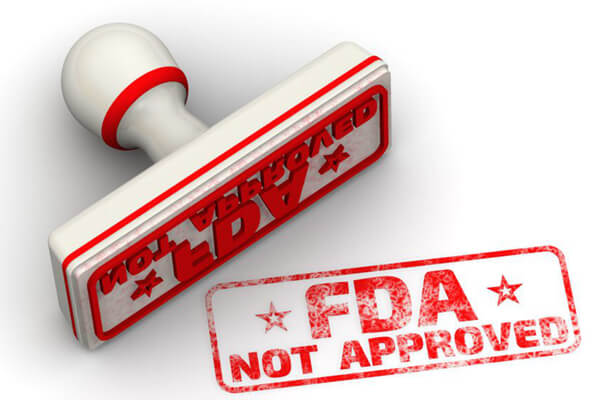
Alabama Vape Bill Sparks Controversy
April 11, 2024
Canada will resume flavored vape ban – Vape Factory China
April 15, 2024Recently, the Canadian Ministry of Finance released draft regulations on the excise tax on vape products. According to the draft, vape products will be subject to new tax regulations.
The main content of the vape tax draft
The following are the main contents of the draft:
- The bill will apply to vaping products produced or imported into Canada.
- Vape products manufactured or imported into Canada will be subject to excise taxes in specific provinces based on their use and location of sale.
- Designated provinces include Ontario, Quebec, the Northwest Territories, and Nunavut.
- Consumption tax will also be levied on unstamped vapes when sold in designated provinces.
- The regulation also includes provisions for a transition period. It will be implemented from July 1 to September 30, 2024.
- Relevant regulations will not apply to vape products under certain circumstances before Oct. 1, 2024. This aims to ease the implementation of a coordinated vape tax system.
For detailed information about the Draft Regulations, visit here on Canada government website.
The release of this draft regulation has attracted the attention of all society. Especially the industries and consumer groups related to vaping products. The vapes are getting more and more popular in the Canadian market. So, this regulation will have a profound impact on the vape market and consumers.
Vape manufacturer: the tax will introduce a new financial consideration for the industry.
As a vape manufacturer, VPFIT would like to comment on this from the vape manufacturing perspective.
First, the draft regulations introduce a new financial consideration for the industry. Taxation is a common practice, but the tax framework must be fair, and reasonable. Besides, it must reflect the potential harm reduction of vapes compared to cigarettes.
Most vape manufacturers hope for a balanced approach. We need to consider the affordability of these products for adult smokers looking to transition.
Moreover, collaboration between manufacturers, regulators, and public health officials is important. This can ensure that taxation policies support harm-reduction efforts. And, it can also maintain a competitive and sustainable vaping market in Canada.






